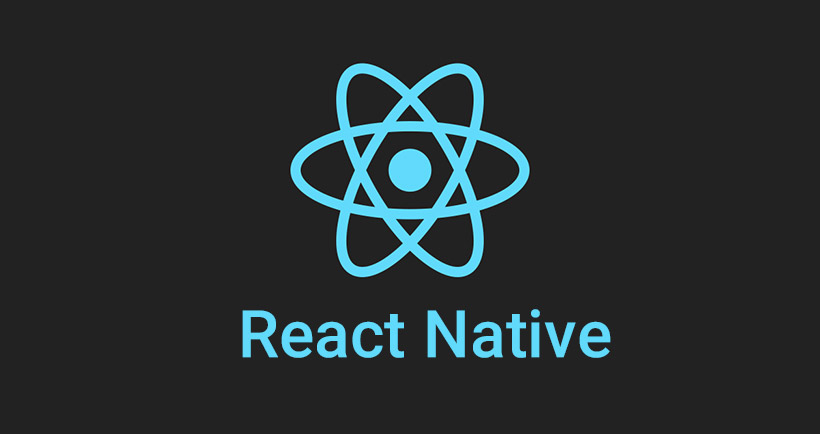React Native has changed how developers build mobile apps. It lets them write one codebase and run it on both iOS and Android.
Many big companies use it because it speeds up development and cuts costs. If you’re curious about what apps use React Native, below are the 10 best mobile apps built on React Native.
Mobile Apps Built On React Native
1. Facebook
Facebook created React Native, so it makes sense that its app runs on it. The social media giant wanted a way to build mobile apps faster while keeping performance high. React Native made it possible.
The Facebook app handles massive amounts of user data. React Native helps with smooth animations and efficient data fetching. The team also uses it to push updates quickly without waiting for app store approvals.
2. Instagram
Instagram started as a simple photo-sharing app but evolved into a massive social platform. When Facebook acquired it, the developers decided to integrate React Native.
One of the first features rewritten in React Native was the Push Notifications module. The team then moved more parts of the app to React Native, improving performance without a complete rebuild.
3. Airbnb (Previously Used React Native)
Airbnb built its mobile apps using React Native for years. It allowed them to move fast and maintain a single codebase. However, as their app grew more complex, they switched back to native development.
Even though they moved away, their experience with React Native helped improve the framework. Many of their contributions still benefit the developer community today.
4. Uber Eats
Uber Eats connects users to local restaurants. It needs a smooth UI and real-time updates for tracking orders. The team behind the app chose React Native for certain features.
The restaurant dashboard, used by businesses to manage orders, runs on React Native. It helps restaurant owners update menus, track incoming orders, and manage deliveries. React Native ensures the experience stays seamless across devices.
5. Pinterest
Pinterest lets users discover and save creative ideas. The app needs smooth scrolling and fast image loading. React Native helped Pinterest achieve these goals.
Developers used React Native to build and test new features faster. They also improved the performance of their mobile app without making users wait for major updates.
6. Bloomberg
Bloomberg’s mobile app delivers financial news and real-time market data. It requires smooth navigation and fast data updates. The company switched to React Native to build a better mobile experience.
Developers at Bloomberg love how React Native allows instant updates. They can push code changes directly to users without waiting for app store approvals. That keeps financial news fresh and accurate.
7. Walmart
Walmart handles millions of users shopping online. Their mobile app needs to be fast, reliable, and scalable. React Native helps them achieve that.
By using React Native, Walmart improved app performance while keeping development costs low. The app handles orders, payments, and real-time inventory tracking, making it crucial for smooth performance.
8. Discord
Discord provides voice, video, and text communication for communities. The mobile app needs to be stable and responsive. React Native allows Discord to offer a consistent experience across platforms.
React Native helps Discord push frequent updates without disrupting users. The app’s chat and voice features work smoothly thanks to optimized React Native components.
9. Tesla
Tesla’s app controls its cars remotely. Users can check battery levels, start their car, and manage software updates. React Native ensures the app works well on both Android and iOS.
Tesla needed an app that could handle real-time updates. React Native made it possible while keeping the codebase manageable. The app’s performance stays high, and new features roll out quickly.
10. SoundCloud Pulse
SoundCloud Pulse helps musicians manage their content and interact with fans. The company wanted to launch a mobile app quickly, so they chose React Native.
React Native allowed SoundCloud Pulse to release its app faster than expected. The app enables users to track performance, respond to comments, and upload new content with ease.
Why Companies Choose React Native
React Native isn’t perfect for every app, but it has clear advantages. Companies pick it for several reasons:
- Faster Development – One codebase for iOS and Android saves time.
- Lower Costs – Maintaining a single codebase reduces expenses.
- Live Updates – Developers can push updates without app store delays.
- Smooth Performance – React Native apps run well when optimized correctly.
Final Thoughts
React Native powers some of the biggest mobile apps. Companies like Facebook, Instagram, and Discord use it to ship features quickly.
Others like Airbnb tested it, learned from it, and moved back to native development. Whether you’re building a new app or improving an existing one, React Native offers a flexible solution.
